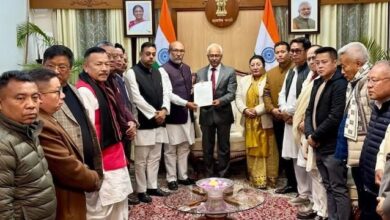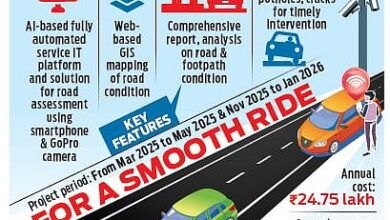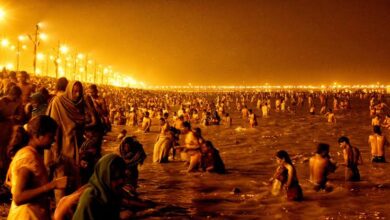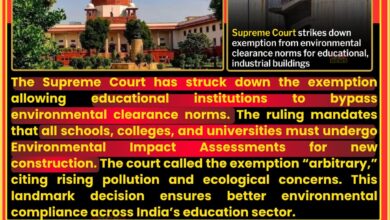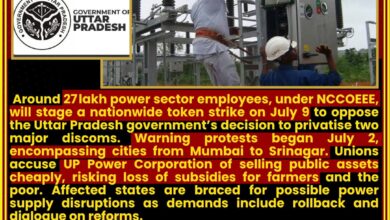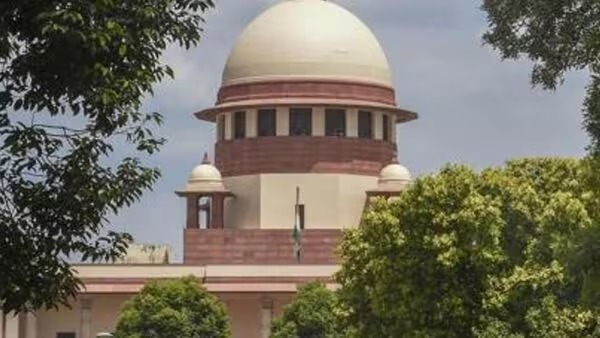
The Supreme Court of India has refused to entertain petitions filed by three prominent temples in Delhi challenging demolition notices issued by the Delhi Development Authority (DDA). The court directed the temple authorities to approach the Delhi High Court for any relief in the matter.
The bench, led by Chief Justice D.Y. Chandrachud, stated that the apex court is not the appropriate forum for such grievances at this stage and emphasized that due process must be followed under land and urban planning laws.
The DDA, acting under its legal mandate, had served demolition notices to the temples, citing unauthorized occupation of public land and encroachment on designated development zones. The temple committees had sought urgent intervention from the Supreme Court, claiming that the demolitions would infringe upon religious rights and affect devotees.
However, the court maintained that land use disputes and demolition actions must be addressed at the High Court level before reaching the Supreme Court. The petitioners were granted the liberty to move the Delhi High Court with their claims and evidence.
Senior advocates representing the temples argued that the structures had historical significance and were in existence for decades, serving thousands of devotees. They alleged that the DDA’s action was arbitrary and ignored the sentiments of the local community.
In contrast, the DDA contended that the structures were raised without due approvals and are obstructing planned urban development projects. The agency reiterated its commitment to enforcing the Master Plan for Delhi (MPD) and preventing illegal encroachments.
The Supreme Court’s refusal to entertain the pleas does not amount to a judgment on the merits of the case but underscores the need for the matter to be heard in the appropriate jurisdiction. The case now shifts to the Delhi High Court, where the temple authorities are expected to present their arguments for halting the demolition.
This incident has sparked debate in Delhi over the balance between religious freedoms and urban planning. Civil society groups have called for transparent processes in dealing with religious sites and urged the DDA to explore alternative solutions where possible.
The case is being closely watched as it could set a precedent for future demolition drives involving religious structures on public land in the national capital.

